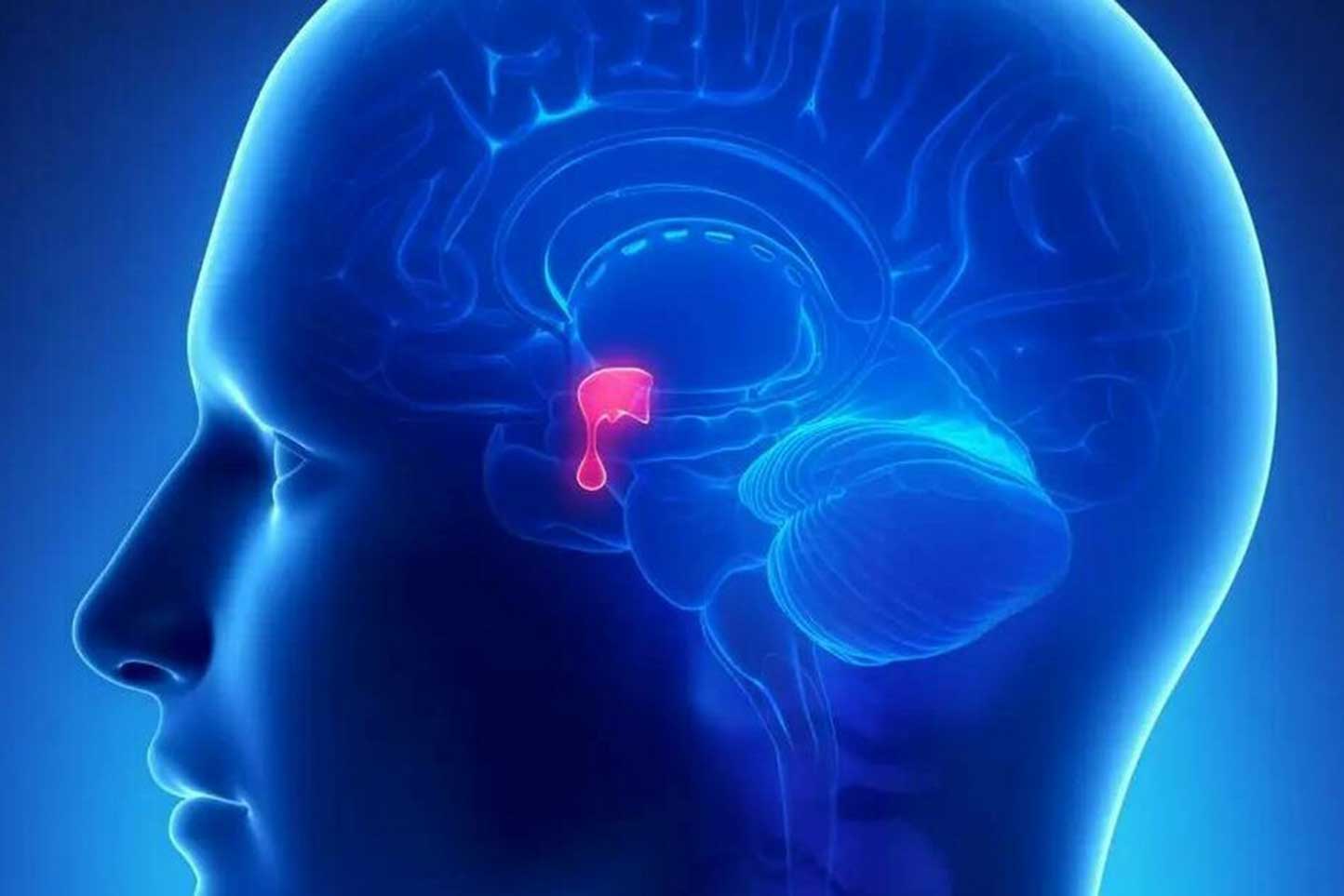Article

The Science Behind Meditation: How It Can Benefit Your Brain and Body
Meditation has become increasingly popular in recent years, and for good reason. The practice has been shown to have numerous benefits for both the brain and the body, backed by science. In this article, we'll explore the science behind meditation and how it can benefit you. Reduces Stress and Anxiety One of the most well-known benefits of meditation is its ability to reduce stress and anxiety. Research has shown that regular meditation practice can help lower cortisol levels, a hormone associated with stress. A study conducted by Harvard Medical School found that just eight weeks of meditation practice can lead to measurable changes in the brain's regions associated with stress and self-awareness. Improves Focus and Concentration Meditation has also been shown to improve focus and concentration. In a study published in the Journal of Cognitive Enhancement, participants who practiced mindfulness meditation for just four days showed significant improvements in attention and working memory compared to a control group. Boosts Immune Function Meditation has been found to boost immune function, which can help improve overall health and well-being. A study published in the journal Psychosomatic Medicine found that people who practiced mindfulness meditation had higher levels of antibodies compared to those who did not. Improves Emotional Well-being Regular meditation practice has been shown to improve emotional well-being, helping to reduce symptoms of depression and anxiety. In a study published in the journal JAMA Internal Medicine, researchers found that mindfulness meditation had a moderate effect in reducing symptoms of depression, anxiety, and pain. Reduces Physical Pain Meditation has also been found to help reduce physical pain. A study published in the Journal of Neuroscience found that mindfulness meditation reduced pain intensity by 27% and pain unpleasantness by 44% in participants who suffered from chronic pain. So, how can you get started with meditation? It's simple. Find a quiet place where you won't be disturbed, sit comfortably, and focus on your breath. Try to clear your mind and simply be present in the moment. Start with just a few minutes a day and gradually work your way up to longer sessions. In conclusion, the science behind meditation is clear. Regular practice can help reduce stress and anxiety, improve focus and concentration, boost immune function, improve emotional well-being, and reduce physical pain. By incorporating meditation into your daily routine, you can experience these benefits and improve your overall health and well-being.
2023-03-14
Related Articles

Book Donation Event at Sathi Arana to Support Children's Education
2024-11-05

test
2024-06-20

Is Buddhism a philosophy?
2023-12-05

Come conquer the world
2023-03-18

What does mindfulness really mean?
2023-03-18